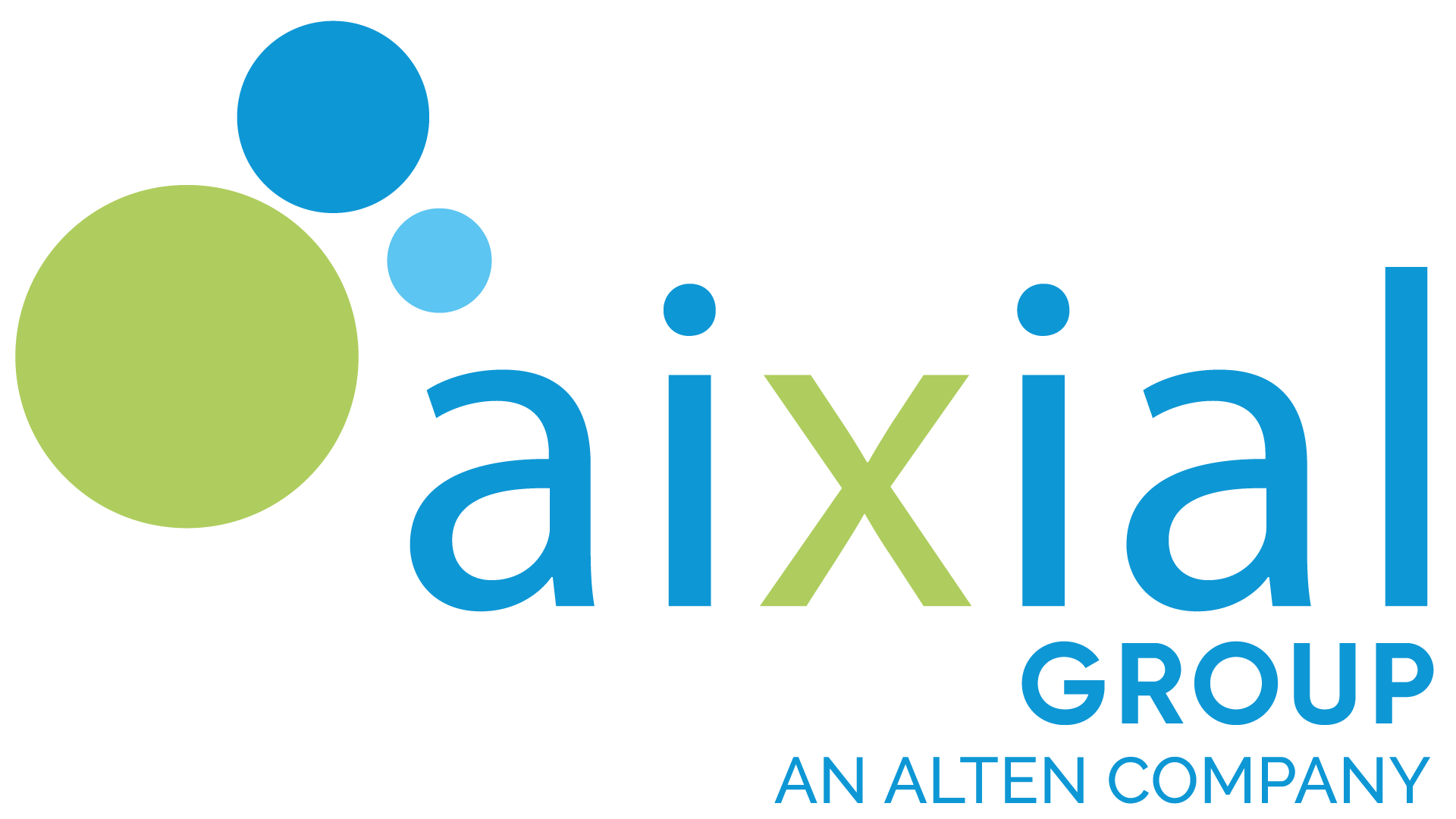Rare Diseases: Phase II Primary Biliary Cholangitis
Case study
Conducting research in rare diseases like Primary Biliary Cholangitis (PBC) presents unique challenges due to limited precedents and small patient population. At Aixial Group, our extensive experience and operational expertise in rare diseases enable us to navigate these complexities effectively, ensuring trials are completed as per protocol, on time and within budget.
Primary Biliary Cholangitis (PBC)
PBC is a chronic autoimmune liver disease characterized by the gradual destruction of bile ducts, leading to cholestasis, inflammation, fibrosis, and potentially liver cirrhosis or failure. The global incidence rates range from 0.33 to 5.8 per 100,000 persons per year, with prevalence rates between 1.91 and 40.2 per 100,000 persons. The disease predominantly affects women, with a female-to-male ratio of approximately 9:1, and is typically diagnosed between the ages of 30 and 601.
Current Therapeutic Solutions
The standard first-line treatment for PBC is Ursodeoxycholic Acid (UDCA), which can delay disease progression and improve long-term survival. For patients who do not respond adequately to UDCA, second-line therapies have been developed. Obeticholic acid, a farnesoid X receptor agonist, was the first second-line therapy approved for PBC and has been shown to significantly improve liver biochemistries2. More recently, peroxisome proliferator-activated receptor (PPAR) agonists such as elafibranor and seladelpar have been approved, offering additional options for patients with inadequate response to UDCA3.
Challenges for Patients
Despite these therapeutic advancements, a significant proportion of patients experience suboptimal responses or adverse effects. Approximately 40% of PBC patients do not respond adequately to UDCA alone4. This underscores the ongoing need for more effective and better-tolerated treatments that address the diverse aspects of the disease.
At Aixial Group, we are committed to leveraging our expertise to overcome the inherent challenges in rare disease research, particularly in developing and executing clinical trials for innovative therapies targeting conditions like PBC.
Aixial Group’s Solution
The team at Aixial Group drew on their expertise to contribute to the study design and selection of appropriate endpoints for a Phase II trial with a European Pharmaceutical company.
Aixial Group helped with the response to the FDA feedback regarding selection of appropriate endpoints. As is often the case with rare disease research, there was no precedent. This was a new potential drug with a novel mechanism of action.
The trial successfully enrolled over 110 adult patients with PBC undergoing standard therapy. After a difficult start with slow enrollment, Aixial Group suggested changes to inclusion criteria, added sites who were better enrollers and recommended that the Sponsor visit targeted sites to ensure their protocol was highly visible, as the drug was very promising.
As recruitment picked up, operational teams were then able to focus on data capture and cleaning, leading to safety review assessments, as well as a key Interim analysis, final analysis (with top line results presented as soon as efficacy results were available), and clinical study report – all delivered on budget and within required timelines.
We have worked on over 220 clinical trials for rare diseases. Talk to us about how we can help with your next trial.
[1] https://www.orpha.net/en/disease/detail/186?utm_source
[2] Levy, Cynthia1,2; Bowlus, Christopher L.3. Primary biliary cholangitis: Personalizing second-line therapies. Hepatology ():10.1097/HEP.0000000000001166, November 12, 2024. | DOI: 10.1097/HEP.0000000000001166
[3] Fiorucci S, Urbani G, Di Giorgio C, Biagioli M, Distrutti E. Current Landscape and Evolving Therapies for Primary Biliary Cholangitis. Cells. 2024 Sep 19;13(18):1580. doi: 10.3390/cells13181580. PMID: 39329760; PMCID: PMC11429758.
[4] Barba Bernal R, Ferrigno B, Medina Morales E, Castro CM, Goyes D, Trivedi H, Patwardhan VR, Bonder A. Management of Primary Biliary Cholangitis: Current Treatment and Future Perspectives. Turk J Gastroenterol. 2023 Feb;34(2):89-100. doi: 10.5152/tjg.2023.22239. PMID: 36843300; PMCID: PMC10081121.

How can we support your next project?
Whether you’re looking for a protocol review or a proposal,
simply reach out to us by filling our request for proposal.




![Safety, Preliminary Efficacy and Pharmacokinetics of [IP] in Metastatic Castrate Resistant Prostate Cancer](/wp-content/uploads/2024/11/70144-iStock-1180568434.jpg)